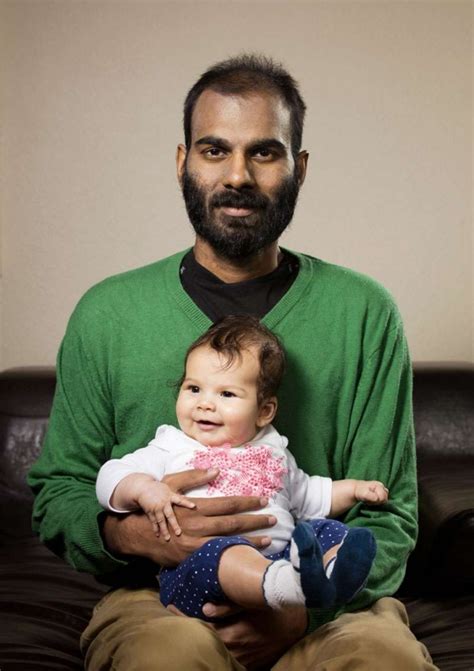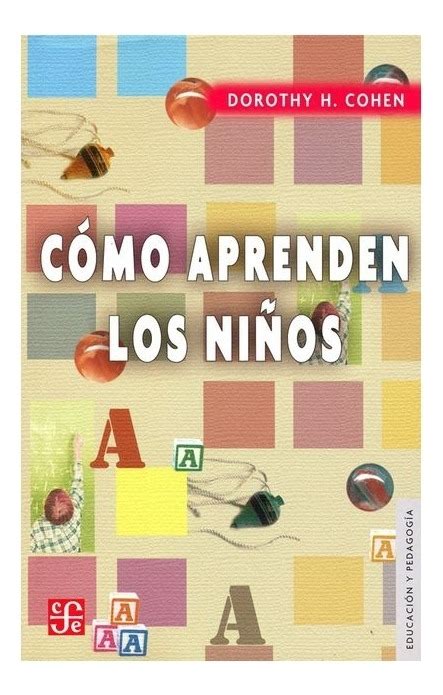A Quote by Maria Montessori
Watching a child makes it obvious that the development of his mind comes through his movements.
Related Quotes
A child is an eager observer and is particularly attracted by the actions of the adults and wants to imitate them. In this regard an adult can have a kind of mission. He can be an inspiration for the child's actions, a kind of open book wherein a child can learn how to direct his own movements. But an adult, if he is to afford proper guidance, must always be calm and act slowly so that the child who is watching him can clearly see his actions in all their particulars.
A child in his earliest years, when he is only two or a little more, is capable of tremendous achievements simply through his unconscious power of absorption, though he is himself still immobile. After the age of three he is able to acquire a great number of concepts through his own efforts in exploring his surroundings. In this period he lays hold of things through his own activity and assimilates them into his mind.
But somewhere, a child surprises himself with his endurance, his quick mind, his dexterous hands. Somewhere a child accomplishes with ease that which usually takes great effort. And this child, who has been blind to his past, but his heart still beats for the thrill of the race, this child's soul awakens. And a new champion walks among us.
The master in the art of living makes little distinction between his work and his play, his labor and his leisure, his mind and his body, his information and his recreation, his love and his religion. He hardly knows which is which. He simply pursues his vision of excellence at whatever he does, leaving others to decide whether he is working or playing. To him he's always doing both.
We must remember when we speak of the "negativism" of the toddler that this is also the child who is intoxicated with the discoveries of the second year, a joyful child who is firmly bound to his parents and his new-found world through ties of love. The so-called negativism is one of the aspects of this development, but under ordinary circumstances it does not become anarchy. It's a kind of declaration of independence, but there is no intention to unseat the government.
The child to be concerned about is the one who is actively unhappy, [in school].... In the long run, a child's emotional development has a far greater impact on his life than his school performance or the curriculum's richness, so it is wise to do everything possible to change a situation in which a child is suffering excessively.
How much reverence can you have for a Supreme Being who finds it necessary to include such phenomena as phlegm and tooth decay in His divine system of Creation? What in the world was running through that warped, evil, scatological mind of His when He robbed old people of the power to control their bowel movements?


































